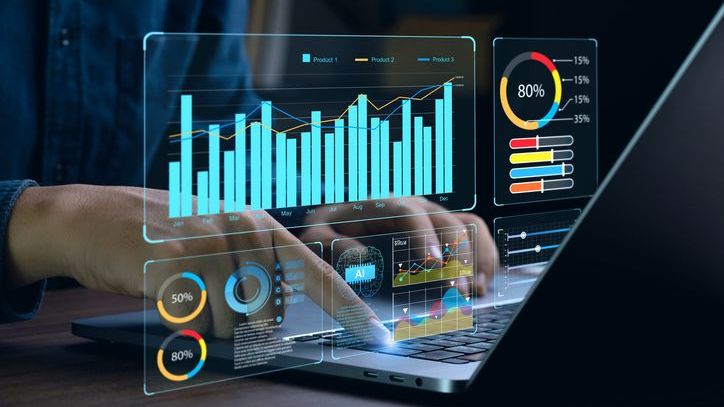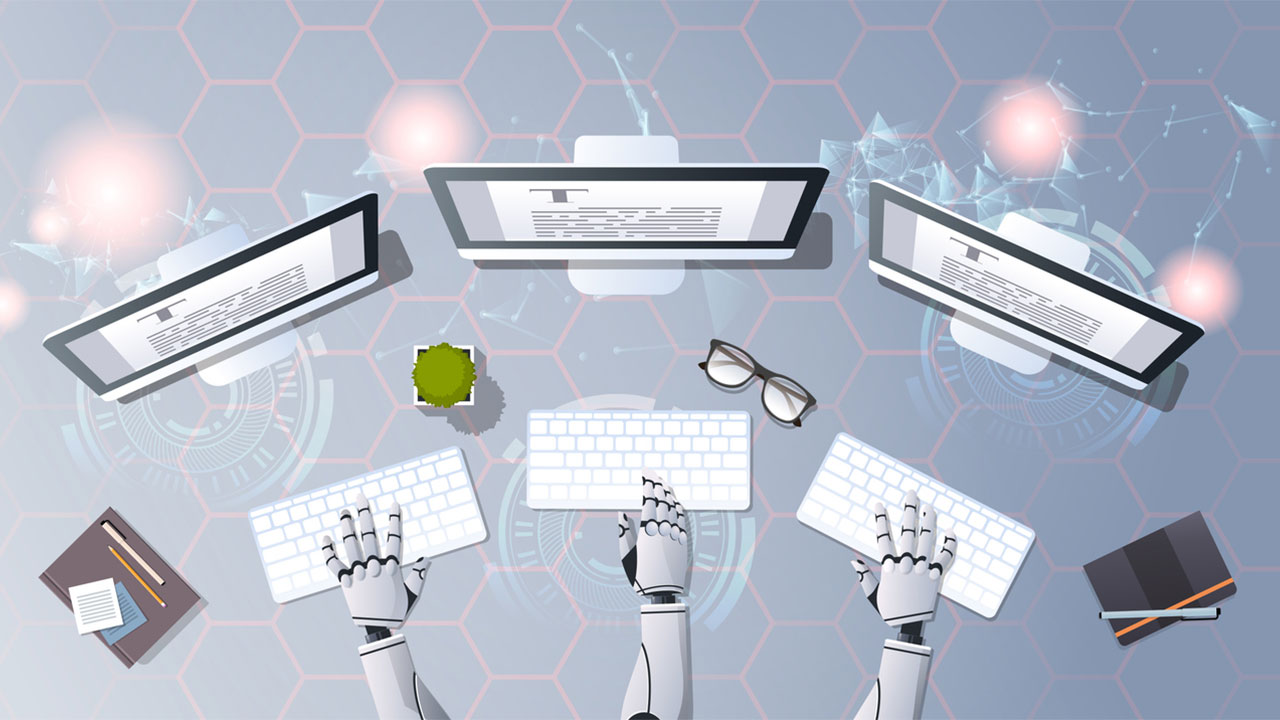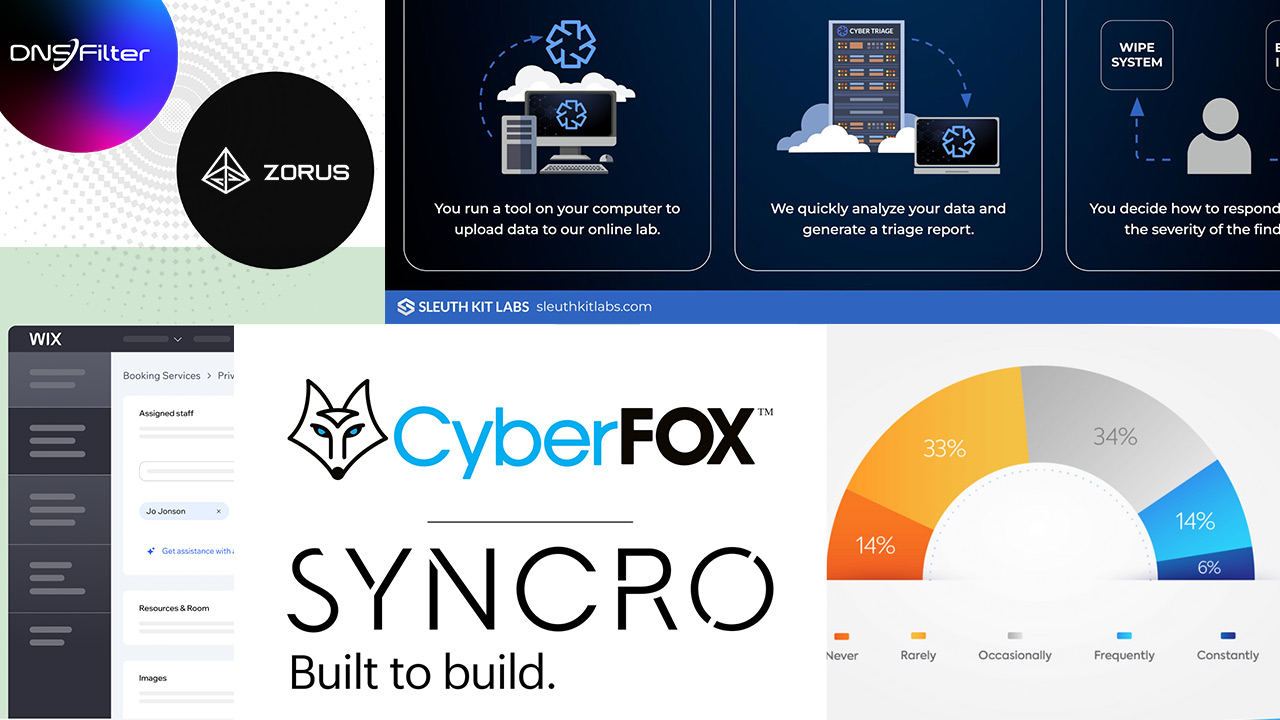This article was updated on 2/14/2025.
Ethics certainly creates a buzz in the business world. Ethical issues such as how we treat others, use information, engage with employees, manage resources, approach sustainability, and impact the world around us all affect how we view companies. In fact, the inappropriate treatment of people and the communities we live in is often the subject of scrutiny and can signal the difference between business success or failure. That’s why businesses (even tech giants like Microsoft) often strive for ethical decision-making and practices.
Most Important Ethical Issues in Technology
Businesses today are faced with several ethical challenges. Critical decisions must be made to ensure we protect personal freedoms and use data appropriately. What ethical issues are most important in 2025? Here are the top five.
Misuse of Personal Information
One of the primary ethical dilemmas in our technologically empowered age revolves around how businesses use personal information. As we browse internet sites, make online purchases, enter our information on websites, engage with businesses online, and participate in social media, we constantly provide personal details. Companies often gather this information to hyper-personalize our online experiences, but to what extent is that information actually impeding our right to privacy?
Personal information is the new gold, as the saying goes. We’ve commoditized data because of its value to businesses trying to reach their consumer base. But when does it go too far? For businesses, it’s valuable to know what products are being searched for and what content people consume the most. For political figures, it’s important to know which social or legal issues garner the most attention. These valuable data points are often exploited so that businesses or entities can make money or advance their goals. Facebook, in particular, has come under fire several times for selling personal data gathered on its platform.
Misinformation and Deep Fakes
During the 2016 and 2020 U.S. presidential elections, the potential of misinformation to gain widespread support became evident. This polarization has had far-reaching effects on global economic and political environments.
Unlike the past, when information was accessed primarily through print, we are now constantly flooded with real-time events and breaking news. Celebrities and political figures can disseminate opinions on social media without fact-checking, which are then aggregated and spread further, regardless of accuracy. Information no longer undergoes the rigorous validation process that newspapers and books once did.
Similarly, video used to be considered irrefutable evidence of truth. But deepfake technology now allows the manipulation of digital imagery so convincingly that people appear to say and do things that never happened. The potential for privacy invasion and misuse of identity is high with this technology.
Lack of Oversight and Acceptance of Responsibility
Most companies operate with a hybrid stack composed of third-party and owned technology. As a result, confusion often arises regarding where responsibility lies in governance, big data use, cybersecurity, and managing personally identifiable information (PII). Who is responsible for ensuring data protection? If you engage a third party for software that processes payments, do you bear any responsibility if credit card details are breached? The fact is, it’s everyone’s job. Businesses need to adopt a perspective in which all parties share responsibility.
Similarly, many experts advocate for a global approach to governance, arguing that local policing results in fractured policymaking and widespread mismanagement of data. Like climate change, we need to band together if we truly want to see improvement.
Use of AI
Artificial intelligence certainly offers great business potential. But at what point do AI systems cross an ethical line into dangerous territory?
Facial recognition: The use of software to find individuals can quickly become an ethical problem. Concerns include misuse, racial bias, and restrictions on personal freedoms. The ability to track movements and activity can lead to a lack of privacy. Additionally, facial recognition isn’t foolproof and can result in bias.
Replacement of jobs: While AI is expected to increase automation of low-level tasks, allowing human resources to focus on more strategic and complex duties, there’s concern about the large-scale elimination of jobs. However, AI is more likely to lead to job creation.
Health tracking: The pandemic brought contact tracing into the mainstream. Is it ethical to track people’s health status, and how will that impact limitations placed on them?
Bias in AI technology: Technology inherits the bias of its creators because humans inherently have bias. AI systems learn to make decisions based on training and coding data, which can be tainted by human bias or reflect social inequities. Even Google has encountered issues where AI software suggested that male nurses and female historians do not exist.
Autonomous Technology: Self-driving cars, robotic weapons, and drones for service are no longer futuristic—they’re a reality, and they come with ethical dilemmas. The use of robotic machines in place of human soldiers is possible, along with self-driving cars and drone-delivered packages.
While autonomous technology offers business potential, there’s concern about allowing programmed technology to operate without sufficient oversight. It’s a common ethical worry that we trust our technology too much without fully understanding it.
Ethical Issues in Technology
Unlike business ethics, ethical technology is about ensuring a moral relationship exists between technology and users.
Respect for Employees and Customers: Businesses engaging in ethical technology practices hold a firm moral sense of employee rights and customer protections. Data is valuable, but the employees and customers who drive your business are your greatest assets. Always ensure responsible protections for both employees and customers to practice ethical technology.
Moral Use of Data and Resources: Data is undoubtedly valuable to businesses, allowing them to refine marketing strategies and product offerings. However, it can also invade privacy, raising many ethical considerations. Data protection measures and compliance procedures help ensure data isn’t leaked or misused.
Responsible Adoption of Disruptive Tech: Digital growth is a business reality. Disruptive tech is not only a way to outpace the competition but often a necessity to remain competitive. However, embracing new technologies doesn’t have to coincide with ethical challenges. By ensuring the technology you adopt has protections in place, you can practice ethical tech responsibly.
Create a Culture of Responsibility: Ultimately, we need to create a culture of responsibility within technology. If the IT workforce and industry giants believe they are responsible for the safe and ethical use of technology, more governance and fair use of data will follow.
Emerging Ethical Dilemmas in Science and Technology
New ethical problems regarding the use of science and technology are constantly arising. When is it right to apply science and technology to real-life scenarios, and when does it impede human rights?
- Health tracking and the digital twin dilemma: Should organizations be able to create a digital twin of you to experiment on and advance healthcare initiatives? When does this become exploitation?
- Neurotechnology and privacy: Neurotechnology is not new, but recent advances allowing the gradual change of behavior or thought patterns raise serious privacy concerns.
- Genetic engineering: While genetic engineering offers great potential for human health, there are considerable ethical concerns about editing the human genome.
- Weaponization of technology: Although weaponizing technology may reduce the loss of life, it also raises ethical questions. At what point do we trust our technology to fight wars for us?
Ethical decisions in technology should not be taken lightly. If we believe technology can help solve the world’s problems, addressing the ethical concerns involved is the only way to get there.
Connect with industry peers and participate in conversations about the technology topics that matter most. Learn more about the CompTIA Community.
About the Author
CompTIA
With more than 2,000 members, 3,000 academic and training partners, and tens of thousands of registered users spanning the entire information and communications technology (ICT) industry, CompTIA has become a leading voice for the technology ecosystem.
Get more fantastic insights at the CompTIA blog.
Featured image: iStock














